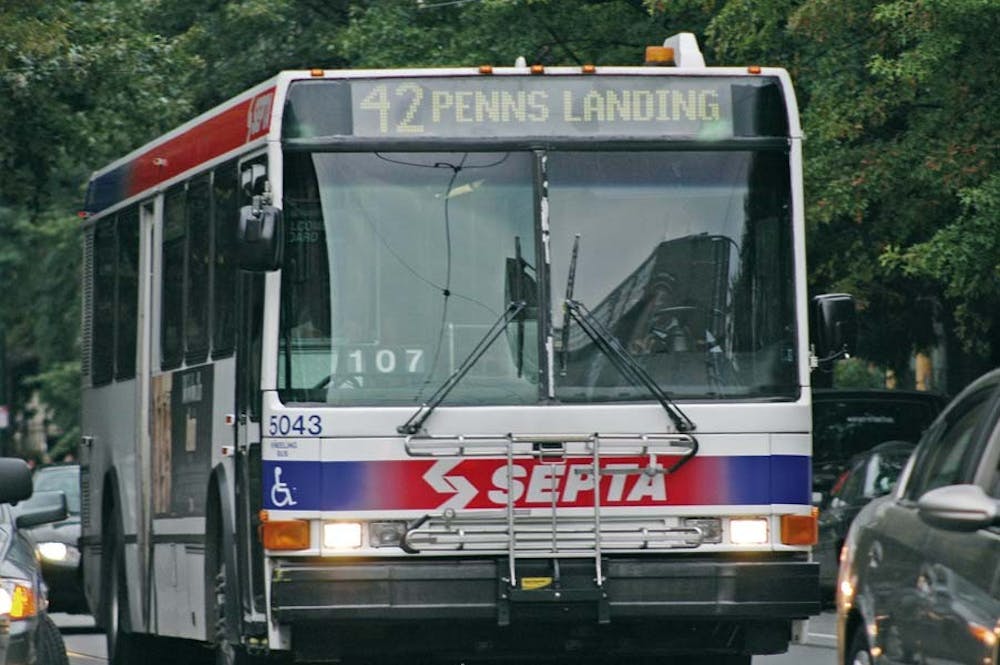Positions are hardening and battle lines are being drawn in the ongoing struggle over SEPTA funding.
At issue is a $130 million budget shortfall that is threatening the very existence of the transit agency, which is used by about 40,000 students and commuters each day.
To fill that gap, the SEPTA board has asked the state to cough up more money toward its operating budget and has come up with a set of fare increases and service cutbacks to plug the hole if the state doesn't step in.
However, the two members of the SEPTA board who represent Philadelphia vetoed the agency's fare hikes as laid out under "Plan A," one of two proposals the agency is considering.
Under that plan, 60-cent paper transfers would be phased out and weekly and monthly pass prices would increase by 11 percent. Regional Rail fares would also go up and cover $30 million of the shortfall.
The Philadelphia board representatives, Christian DiCicco and Jettie Newkirk, vetoed the planned increases, calling them unfair to poorer riders who don't own cars and thus rely on SEPTA for transportation.
However, this veto, which is expected to be overturned by the SEPTA board next month, has incurred the ire of state Sen. Roger Madigan (R-Bradford), chairman of the state Senate's Transportation Committee.
According to Craig Shuey, executive director of the committee, the veto "throws a monkey wrench into the discussion."
Citing a difficult budget climate, Shuey said that "it's very difficult to find new money for any of the programs that are in need of new money" and that a fare increase would demonstrate that SEPTA was willing to negotiate in good faith with the state over the funding issue, especially because rural residents have had to deal with rising gas prices without the possibility of switching over to a public-transit system.
But both sides are in agreement that the more drastic option to plug the budget gap, dubbed "Plan B," should be avoided.
That plan was described by SEPTA spokesman Richard Maloney as "the start of the dismantling of public transportation" in the Philadelphia region.
It would involve service cuts of 20 percent and increase fares an average of around 25 percent.
Maloney said that doing this would "essentially price out a lot of people" who can't afford cars and would have an "absolutely devastating impact . on the economy, the entire region and the state."
Gov. Ed Rendell, a champion of a dedicated funding source in the state budget for public transit, agrees with that assessment.
In a statement, he said that Plan B would "result in a loss of 40 million rides a year or more than 100,000 rides per day."
Rendell cited a study done by the Economy League of Greater Philadelphia that said SEPTA cutbacks could cost Philadelphia 43,800 jobs.
But Philadelphia consumer advocate Lance Haver said that the SEPTA board needs to show more backbone if it hopes to get funding from the state.
"SEPTA should refuse to do what they know is wrong" and pass Plan B if the state doesn't fork over enough money to cover the budget shortfall, he said, adding that such a move would put pressure on the state to come to some sort of permanent funding fix.
Rendell has proposed funding transit systems throughout the state with proceeds from leasing the Pennsylvania Turnpike and a tax on oil company profits.
Shuey of the Transportation Committee, however, said that Madigan would prefer finding money from existing state revenues, such as the sales tax, without raising taxes.



